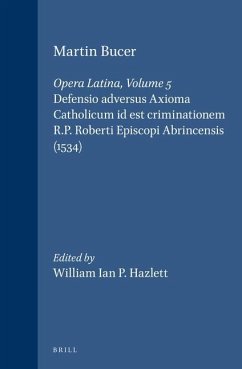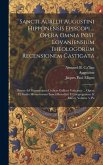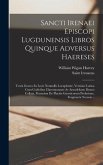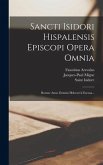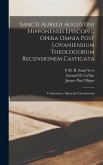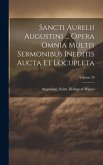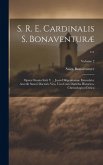Responding to Bishop Robert Ceneau, Sorbonnist, Bucer's subject-matter is twofold. Firstly, maintained is the compatibility of Reformation theology with Scripture, Patristic testimony, and the "saner Scholastics." Secondly, denying association with the heresy of Berengar, Bucer develops his perception of a common eucharistic theology among the Reformers, a theology Bucer finds corroborated in Scripture and Christian antiquity. After a plea for a fair hearing for the Reformation in France, Part I irenically surveys controverted dogmas and practices. Part II substantiates the thesis of fundamental harmony between Lutheran and Zwinglian eucharistic views. Part III rebuts Ceneau's polemical abuse. Republished as an "Appendix is Bucer's contemporary memorandum on the viability of wider Church reunion. The tract reflects a significant transitional phase in Bucer's accommodation to both Catholic tradition and the Wittenberg sacramental theology.
Bitte wählen Sie Ihr Anliegen aus.
Rechnungen
Retourenschein anfordern
Bestellstatus
Storno

